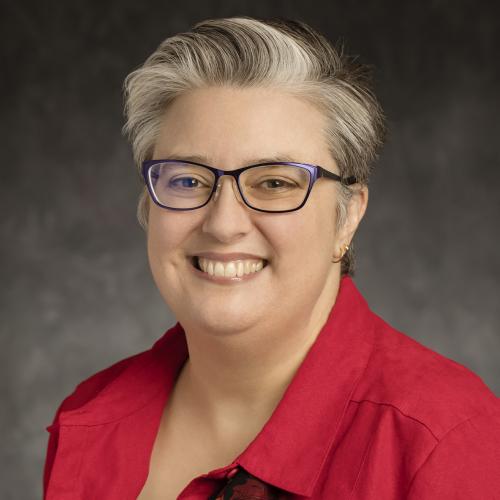Doctoral candidates Ana Lucic and Henry A. Gabb will present work with Associate Professor Catherine Blake at the 40th annual American Medical Informatics Association (AMIA) Annual Symposium held from November 12-16 in Chicago. AMIA is composed of more than 5,000 health care professionals, informatics researchers, and thought leaders in biomedicine, health care, and science.
Lucic will give the talk, "Improving endpoint detection to support automated systematic reviews."
Abstract: Authors of biomedical articles use comparison sentences to communicate the findings of a study, and to compare the results of the current study with earlier studies. The Claim Framework defines a comparison claim as a sentence that includes at least two entities that are being compared, and an endpoint that captures the way in which the entities are compared. Although automated methods have been developed to identify comparison sentences from the text, identifying the role that a specific noun plays (i.e., entity or endpoint) is much more difficult. Automated methods have been successful at identifying the second entity, but classification models were unable to clearly differentiate between the first entity and the endpoint. We show empirically that establishing if head noun is an amount or measure provides a statistically significant improvement that increases the endpoint precision from 0.42 to 0.56 on longer and from 0.51 to 0.58 on shorter sentences and recall from 0.64 to 0.71 on longer and from 0.69 to 0.74 on shorter sentences. The differences were not statistically significant for the second compared entity.
Blake and Gabb will present the poster, "Factoring near-field chemical exposure into personalized medicine."
Abstract: Personalized medicine considers many factors (e.g., diet and genetics) affecting how a patient responds to treatment. However, the effect of long-term chemical exposure from consumer products is not typically taken into account. Though not acutely poisonous in normal usage, long-term exposure is potentially harmful and could exacerbate existing medical conditions and could affect how medication is metabolized. For example, the fragrances and parabens in consumer products can exacerbate asthma. Roughly 80,000 chemicals are currently registered under the U.S. Toxic Substances Control Act. Most have not been subjected to toxicological risk assessment and fewer have been studied for potential drug interactions.
In addition to her professorial role at the iSchool, Blake serves as associate director of the Center for Informatics Research in Science and Scholarship and holds affiliate appointments in the Departments of Computer Science and Medical Information Science at Illinois. Her research explores both human and automated methods to synthesize evidence from text. She brings industrial experience as a software developer, formal training in information and computer science, and more than a decade of research experience in text mining, in particular from full-text scientific articles in medicine, toxicology, epidemiology, and diabetes. She was named a 2016-2017 Faculty Fellow at the Lister Hill National Center for Biomedical Communications, a research and development unit of the National Library of Medicine.
Gabb's research interests include the interface between computation, life science, and medical informatics. His goal is to mine the vast scientific literature and genetic databases for biomarkers that predict drug efficacy.
Lucic's research interests involve extracting semantic relations from text that allow innovative ways of analyzing and understanding text. She is interested in applying text analysis and text mining methods to electronic scholarly collections that enable new pathways into the collections, such as new ways of searching, browsing, and synthesizing information from electronic collections.
